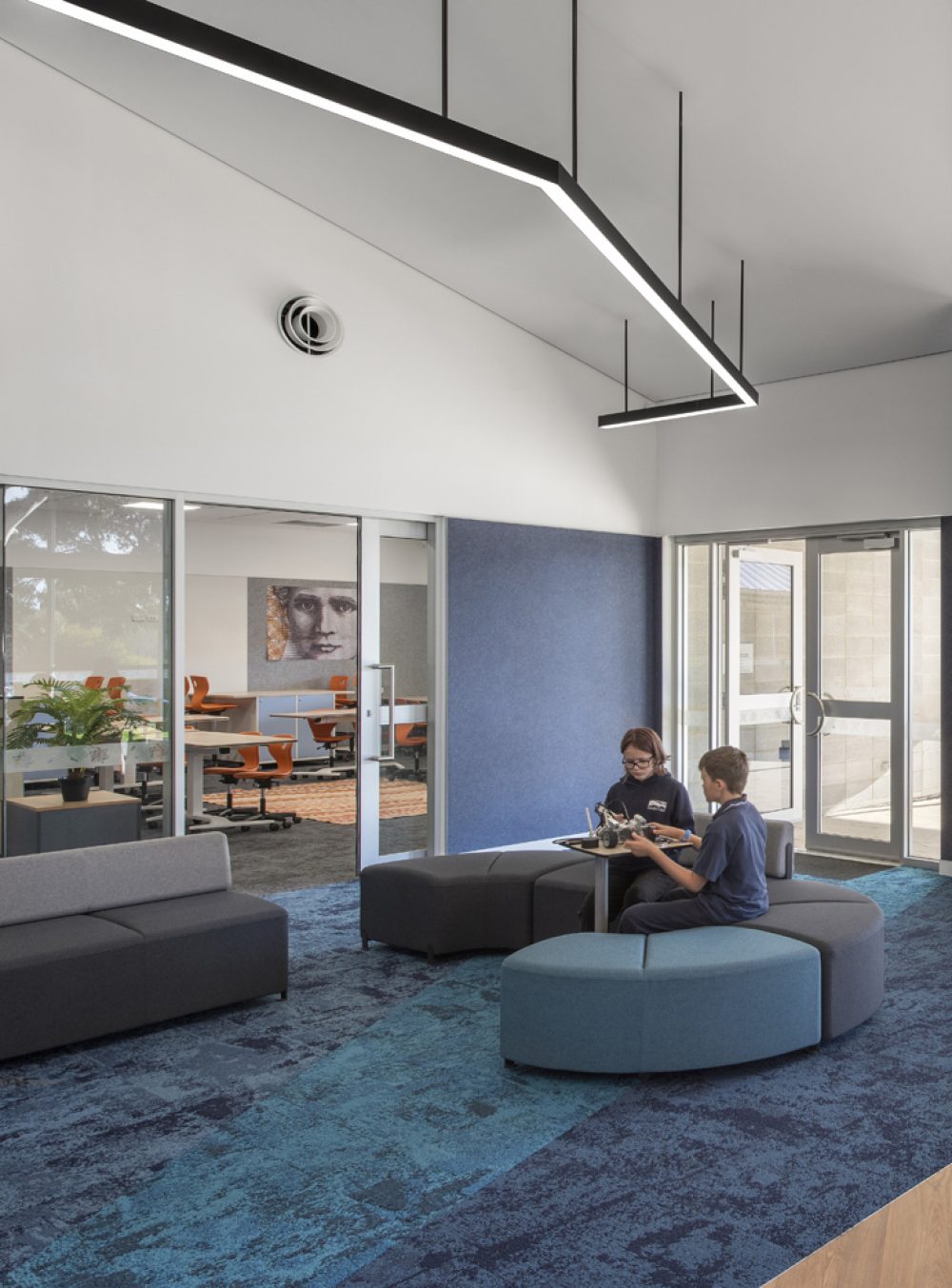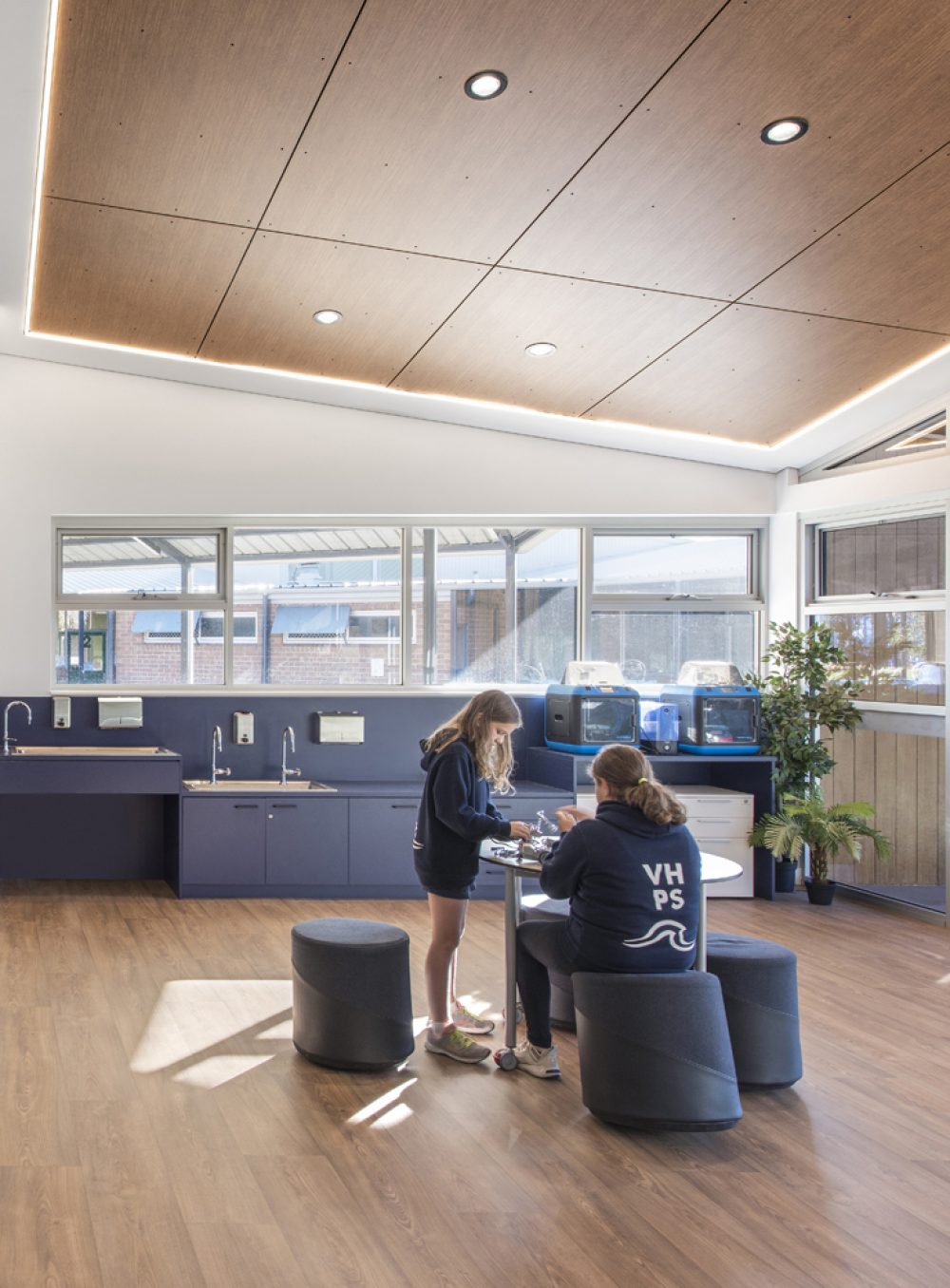Teaching and Learning
At Victor Harbor Primary we believe good teaching is…….
- providing all children with a solid foundation to build life skills, making their learning journey relevant, consistent, fun and memorable.
- developing the whole child [emotional, physical, educational, wellbeing, spiritual].
- providing opportunities for each student to reach their individual potential.
- developing relationships based on mutual respect between all stakeholders – students, teachers and home.
- fostering in students a curiosity, creativity and an enthusiasm for the world they live in and a joy and love of lifetime learning.

LESSONS AND PEDAGOGY
At Victor Harbor Primary School, our day is split into 6 x 50 minute lessons, with a break for recess and lunch time.
Our approach is one that balances explicit instruction in new learning, with guided and independent practice of skills, and opportunities to think critically and creatively.
Teachers differentiate for the individual needs of students and personalise learning wherever possible, with the intention of offering an inclusive and adaptable classroom environment that responds to student needs.


CURRICULUM
Victor Harbor Primary School is committed to the effective and rigorous delivery of the Australian Curriculum. Across each year of schooling, we address the 8 AC learning areas:
- English
- History and Social Sciences
- Health and P.E. (P.E. Specialist Subject)
- Languages: Indonesian (Specialist Subject)
- Mathematics
- Science
- Technologies (Specialist Subject)
- The Arts (Performance Art Specialist Subject)
Through our rich specialist subjects, students are taught by exemplary teaching staff with a depth of knowledge and experience in their field. Classroom teachers plan for and deliver exemplary teaching and learning across all other learning areas, integrating learning where possible.
LITERACY
At VHPS we have the philosophy that sustained, high-quality, evidence-based literacy teaching is the right of every child.
In the Early Years, literacy learning is delivered through the InitiaLit program. InitiaLit is an Australian literacy program for all children in their first, second and third years of school. It addresses reading, spelling and writing by:
- Actively teaching the relationships between sounds and letters
- Building vocabulary and comprehension skills through quality children’s books
- Giving children lots of practice in reading, handwriting, spelling and writing activities We also use The Heggerty Curriculum to develop the phonological awareness of our students in Years R-2.
In Years 3-6, children participate in a balanced approach to reading that provides opportunities for students to participate in shared reading, guided reading, independent reading, and activities to further consolidate their skills and expand their thinking about texts. The shift is from learning to read, to reading to learn. Students develop sophisticated reading fluency and comprehension over time.

NUMERACY
Students in the Early Years are provided with age and stage appropriate experiences to develop their mathematical skills, language and number sense. Students in the Early Years will also be provided with foundational skills to record their mathematical thinking and problem solve in a variety of mathematical contexts. Across the school, teacher’s plan for learning using curriculum resources from the Department for Education as a framework to ensure breadth and depth of quality Mathematical learning. In Years 5 and 6, students engage with a digital, personalised mathematics program through Maths Pathway, which allows students to enter and exit learning at their own pace, and participate in mini-lessons with the class teacher at their point of need. Our site has a strong philosophy that developing positive mathematical mindsets, inspiring creativity, and promoting intrinsic motivation is at the heart of successful learning in Maths.
PLAY INVESTIGATIONS IN THE EARLY YEARS
At Victor Harbor Primary School, play underpins learning in all curriculum areas in the Early Years classroom and children become active participants in their learning. The learning becomes personalised to the child, which allows the teacher to scaffold, extend and build on the child’s skills, knowledge and interests. Teacher’s carefully plan for intentional play investigations that align to the Australian Curriculum, as well as the needs and interests of the learners. Through play, children:
- Are supported in their transition from kindy to school
- Develop their emotional, social, and physical skills
- Connect their personal play experiences with formal learning in the classroom
- Explore literacy and numeracy in authentic contexts
- Expand and challenge their thinking and problem-solving skills
- Build relationships with adults and their peers
- Develop their oral language and communication